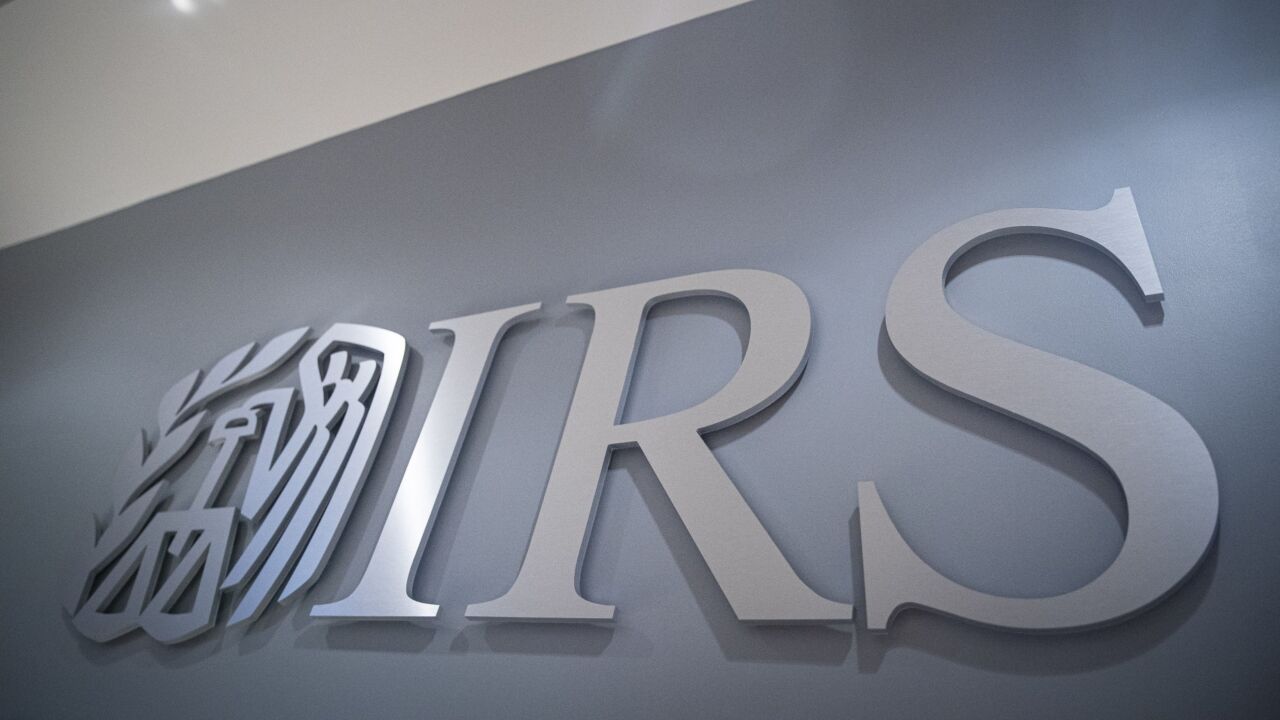The Securities and Exchange Commission has
The PCAOB voted to adopt Auditing Standard No. 18, or AS 18, in June (see
The SEC noted that related party transactions, significant unusual transactions, and a company’s financial relationships and transactions with its executive officers were included together in the proposed rules because the PCAOB believes the auditor’s efforts in these areas are, in many ways, complementary.
“For example, the auditor’s efforts to identify and evaluate a company’s significant unusual transactions could identify information that indicates that a related party or relationship or transaction with a related party previously undisclosed to the auditor might exist,” said the SEC. “Likewise, obtaining an understanding of a company’s financial relationships and transactions with its executive officers also could identify information that indicates that a related party or relationship or transaction with a related party previously undisclosed to the auditor might exist.”
AS 18 will supersede AU section 334, Related Parties, which primarily contains the existing requirements for auditing relationships and transactions with related parties. AU sec. 334 provides guidance and examples of procedures for the auditor’s consideration in identifying and evaluating related party transactions.
AS 18 includes some auditing concepts and procedures from AU sec. 334, but aims to strengthen auditor performance requirements for identifying, assessing and responding to the risks of material misstatement associated with a company’s relationships and transactions with its related parties.
Among other items, under the new standard, auditors will be required to perform specific procedures to get an understanding of a company’s relationships and transactions with its related parties, including obtaining an understanding of the nature of the relationships between the company and its related parties and of the terms and business purposes (or lack thereof) of transactions involving related parties. The new procedures need to be performed in conjunction with the auditor’s risk assessment procedures under Auditing Standard No. 12, Identifying and Assessing Risks of Material Misstatement.
Auditors will also need to evaluate whether the company has properly identified its related parties and relationships and transactions with its related parties. In making that evaluation, the auditor performs procedures to test the accuracy and completeness of management’s identification, taking into account information gathered during the audit. If the auditor identifies information that indicates that undisclosed relationships and transactions with a related party might exist, the auditor is required under AS 18 to perform procedures necessary to determine whether undisclosed relationships or transactions with related parties in fact exist.
AS 18 will also require auditors to perform specific procedures if the auditor determines that a related party or relationship or transaction with a related party previously undisclosed to the auditor exists.
In addition, auditors will have to perform specific procedures regarding each related party transaction that is either required to be disclosed in the financial statements or determined to be a significant risk.
The new standard also requires auditors to communicate to the audit committee the auditor’s evaluation of the company’s identification of, accounting for, and disclosure of its relationships and transactions with related parties, and other significant matters arising from the audit regarding the company’s relationships and trans actions with related parties.
“After the SEC’s approval earlier this week, this standard and related amendments will go into effect for audits of financial statements for fiscal years beginning on or after Dec. 15, 2014, including reviews of interim financial information within these fiscal years,” said PCAOB board member Jay Hanson in a speech last week at the University of California Irvine Audit Committee Summit.





